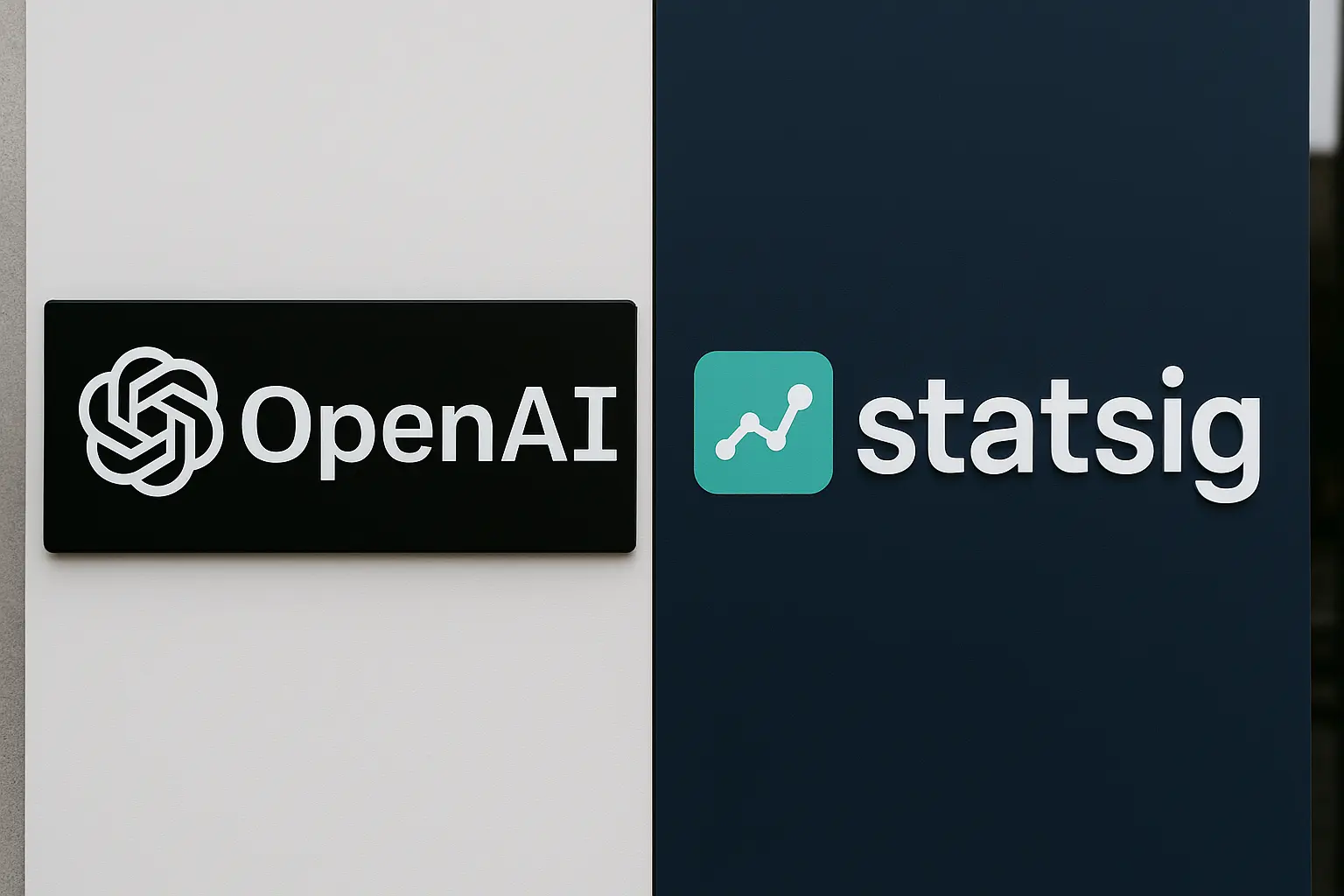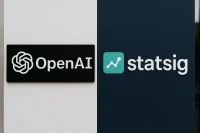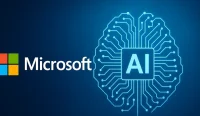Introduction
OpenAI has announced it will acquire product testing startup Statsig for $1.1 billion in an all-stock deal, marking one of the largest acquisitions in the company’s history. The move underscores OpenAI’s aggressive expansion strategy as it scales both consumer and enterprise applications of its AI technology.
The acquisition not only strengthens OpenAI’s technical infrastructure but also has significant implications for the AI industry, software developers, and the broader technology job market.
OpenAI’s $1.1 Billion Statsig Acquisition Explained
Statsig, founded in 2021, is a Seattle-based startup that provides tools enabling developers to run experiments, test new features, and manage rollouts at scale. Its platform is already used by more than 3,000 companies, including OpenAI, Microsoft, Notion, Eventbrite, and SoundCloud.
The all-stock deal values Statsig at $1.1 billion, aligning with its earlier valuation when the company raised $100 million in funding earlier this year. Once the acquisition closes, Statsig employees will transition to OpenAI but continue to operate independently from their Seattle headquarters.
Leadership Shifts at OpenAI Following the Statsig Deal
As part of the acquisition, Statsig’s founder and CEO, Vijaye Raji, will join OpenAI as Chief Technology Officer of Applications, reporting directly to Fidji Simo, CEO of OpenAI Applications and former Instacart chief.
In his new role, Raji will oversee product engineering for ChatGPT and Codex, focusing on core systems, infrastructure, and developer applications.
Other leadership changes announced by OpenAI include:
- Kevin Weil, current Chief Product Officer, becoming Vice President of AI for Science, a newly created division.
- Srinivas Narayanan, Vice President of Engineering, stepping into the role of CTO of B2B Applications.
These shifts signal OpenAI’s intent to expand its product divisions and bring more structure to its enterprise offerings.
OpenAI’s Recent Acquisitions and Market Moves
The Statsig deal is just the latest in a series of high-profile acquisitions for OpenAI in 2025:
- In July 2025, OpenAI acquired an AI device startup co-founded by former Apple design chief Jony Ive in a $6.5 billion all-stock transaction.
- A planned $3 billion deal for AI coding startup Windsurf fell through earlier this year.
Together, these moves highlight OpenAI’s commitment to broadening its ecosystem — from enterprise software testing with Statsig, to hardware innovation with Ive’s team, to pushing forward developer tools.
What the Statsig Acquisition Means for AI Jobs and Innovation
Whereas most coverage frames this as a financial and strategic deal, the acquisition also carries important implications for job creation, skills demand, and career opportunities in AI.
- Hiring in Seattle: With Statsig’s headquarters remaining in Seattle, the region’s already-strong tech talent pool could see new job openings in AI engineering, feature experimentation, and platform development.
- Developer Opportunities: Statsig’s platform has long been used by developers to automate testing. Integrated with OpenAI’s models, it could spark demand for AI-savvy product managers, data scientists, and testing engineers.
- Enterprise Adoption: As OpenAI deepens its B2B offerings, more companies will likely need experts who can manage AI feature rollouts and testing pipelines, creating jobs across industries.
For job seekers, this move signals a growing niche: AI-driven product testing and deployment, an emerging field that blends data engineering with product development.
OpenAI’s Soaring Valuation: From $300B to $500B
The acquisition also comes against the backdrop of OpenAI’s rising market value:
- In March 2025, OpenAI raised $40 billion in funding at a $300 billion valuation.
- The company is now reportedly in discussions for a secondary share sale targeting a $500 billion valuation.
These figures highlight investor confidence in OpenAI’s growth trajectory, particularly as acquisitions like Statsig bolster its enterprise capabilities.
Why This Matters for the AI Industry
The acquisition of Statsig for $1.1 billion underscores a larger trend in the AI industry: consolidation of specialized startups into larger platforms. For OpenAI, it’s a way to strengthen its developer ecosystem and offer enterprises not just AI models, but also the infrastructure to deploy them safely and efficiently.
Industry experts suggest this could accelerate the commercial adoption of AI applications across sectors — from consumer products to business systems — while fueling demand for jobs in AI infrastructure, product engineering, and compliance.
Hire the Talent Powering AI’s Next Wave
As AI platforms expand and consolidation accelerates, demand for engineers, compliance experts, and product leaders is surging. Post your job on WhatJobs and connect with professionals shaping the future of AI.
Post a Job Now →Live Exmaple :- How Statsig Could Transform AI Product Rollouts
When Microsoft introduced its Copilot features across Office 365, one of the biggest challenges was testing how different versions performed for millions of users across industries. Statsig’s experimentation platform is designed exactly for these scenarios — allowing developers to run A/B tests, monitor usage, and roll out new features safely at scale.
By integrating Statsig into OpenAI, future updates to ChatGPT and Codex could be tested in real-world environments with greater precision. For example, if OpenAI wants to introduce a new coding workflow inside Codex, Statsig tools could ensure the update performs consistently across enterprise clients before a full release.
For the job market, this kind of integration creates opportunities for AI testing engineers, data scientists, and product managers who specialize in rollout strategies. As enterprises demand more reliable AI tools, these roles are likely to see rising demand in the next 12–24 months.




